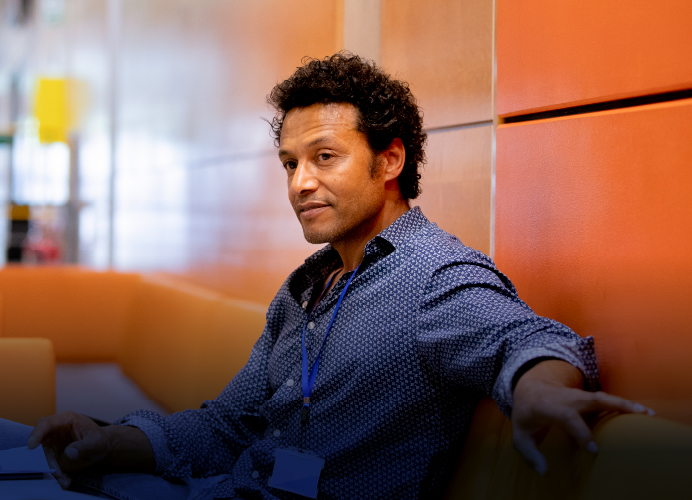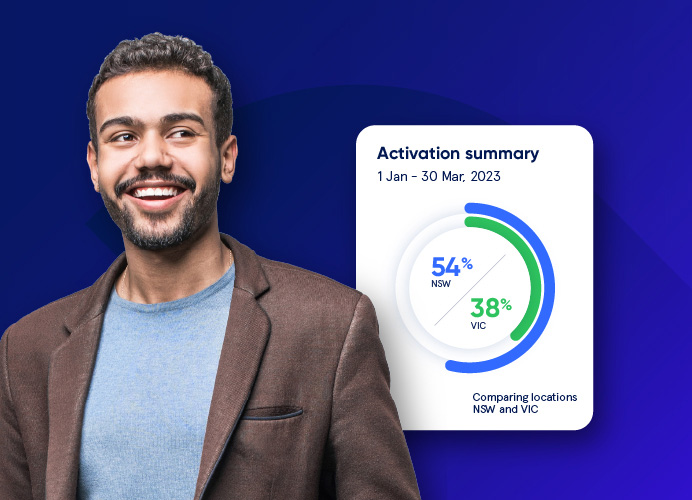5 roles of university leaders who are reshaping institutional wellbeing

Insights.
In today’s world of higher education, international ranking is not the only north star. Senior university leaders must also focus on engaging and creating meaningful value with all stakeholders on that journey – students, staff, employers, partners, donors, community organisations, research bodies, and our broader society.
Leaders need to “connect purpose, productivity and impact” to inspire change across an entire ecosystem where “everyone must win”.
Furthermore, they need to “do so in a low ego way” that reflects their “soft power” and “the servant model of leadership rather than the heroic alpha leader of the past,” said recruiters Sarah John and Alex Acland, who specialise in headhunting vice-chancellors.
5 roles of university leaders who are reshaping institutional wellbeing
The new style of university executive is not solely a caretaker and officiator; they are an agent of change who collaboratively and proactively co-architects a healthier institution – and a better world.
They have become agents of change who fulfil five key roles:

Role 1: Embracer
An agent of change for institutional wellbeing embraces, not delegates, their responsibility for wellbeing.
They “stay personally close to the latest science, data, and information, creating for themselves a human dashboard of sorts and listening for actionable insight. At this time of prolonged crisis, too much is at stake to outsource crucial decisions, or to delegate being informed and aware,” said Abrams, Firth, Lu, and Phelps from Deloitte.
They feel the gravity of the International Labour Organization’s statement that, “many studies show a direct link between productivity levels and the general health and wellbeing of the workforce”.
They recognise that the “harmful impacts of a victimisation experience have been shown to substantially affect a student’s wellbeing, academic performance, and continuation of their university studies,” said Jordan et al., 2014; Mengo and Black, 2016; and Molstad et al., 2021.
They become a voracious learner in the wellbeing space.


Role 2: Investigator
A recent survey of 70 Chief Operating Officers (COOs) from universities in Australia, Canada, Ireland, New Zealand, and the United Kingdom found that 42 per cent rate evidence-based decision-making as a high priority over the coming three to five years. Yet, only 25 per cent currently consider it to be a high priority.
In contrast, an agent of change for institutional wellbeing prioritises evidenced-based decision-making and is an investigator of truth, not a believer of myths. They look beyond media hype, vendor sales talk, and university rationale that defends ‘the way it’s always done’.
They impress upon their teams the importance of evidence and rigour around all strategic decisions. They strive to cultivate a culture of better-informed business cases, greater confidence in budget allocations, and reduced institutional risk.
Role 3: Challenger
An agent of change for institutional wellbeing is a challenger who refuses to accept the status quo. They have “ambitions bigger than [their] conventional resources and [are] prepared to do something bold, usually against the existing conventions or codes of [their] category, to break through,” according to The Challenger Project, published by global strategic consultancy, eatbigfish.
They are an early adopter who always looks for more innovative, effective and scalable ways to support their students and staff. Their overarching mission, in addition to meeting their regulatory requirements, is to seek out or build the most compelling wellbeing support framework possible.
Their concern for the long-term health and resilience of their institution drives them to challenge key players and take proactive steps towards improving health, safety and wellbeing statistics – without waiting for the publication of a national survey.


Role 4: Integrator
An agent of change does not pass the baton for student and staff wellbeing to their Student Services team and People and Culture team then consider their job complete.
They integrate wellbeing into their decision-making processes, embed accountability across all parts of their university, empower the collection of qualitative and quantitative data, and give their wellbeing teams the profile, training and budget they need to make a genuine difference.
With their staff, and in consultation with their students, they study best practices and deep-dive into their current initiatives, systems, and support offerings to:
- Improve their wellbeing practices and processes:
- Step 1: Define what wellbeing means for their university;
- Step 2: Determine wellbeing parameters, measurable attributes and indicators;
- Step 3: Establish a baseline and lead a gap analysis;
- Step 4: Improve how they measure wellbeing;
- Step 5: Demonstrate progress and learnings;
- Step 6: Benchmark externally; and
- Step 7: Continuously review and improve;
- Better integrate wellbeing across all parts of their institution;
- Magnify the positive impact for their students and staff;
- Enhance their brand’s reputation as a wellbeing trailblazer; and
- Inspire wellbeing advancements in the broader community.

Role 5: Advocator
An agent of change for institutional wellbeing makes it their mission to ‘walk the talk’ – even if it means taking a 20 to 30 per cent pay cut and/or personally donating $4,000 a month to their Student Emergency Assistance Fund.
They know, as former U.S. president Barack Obama famously said, “change will not come if we wait for some other person or some other time. We are the ones we’ve been waiting for. We are the change that we seek”.
Within their institution, they assume an ongoing advocacy role to embed wellbeing into financial decisions and institutional culture.
Externally, they champion the importance of collective wellbeing and the dismantlement of health care barriers across the community.
The authentic leader also commits to ongoing openness and vulnerability on their wellbeing journey. They recognise the ‘power of permission’ this bestows upon the people they lead, which “goes a long way toward reducing the stigma and setting the tone for transparency”.

Download our new guide
To read more about the roles and characteristics of senior university leaders who are reshaping wellbeing, we invite you to download our new guide here which will:
- Explain five roles of university executives who are reshaping institutional wellbeing;
- Share a best-practice example of an agent of change; and
- Help you understand how to lead and build a healthier university community.

Want to learn more?
For more information about how Sonder can help you rethink your student and employee support, we invite you to contact us here.
About Sonder
Sonder is an Active Care technology company that helps organisations improve the wellbeing of their people so they perform at their best. Our mobile app provides immediate, 24/7 support from a team of safety, medical, and mental health professionals - plus onsite help for time-sensitive scenarios. Accredited by the Australian Council on Healthcare Standards (ACHS), our platform gives leaders the insights they need to act on tomorrow's wellbeing challenges today.
Related posts
There's so much more to share
Sonder is reimagining health, safety and wellbeing support. Sonder proves human centric care leads to earlier intervention. Sonder impacts one person at a time to drive meaningful change across an organisation. Sonder understands people and how to support them.







